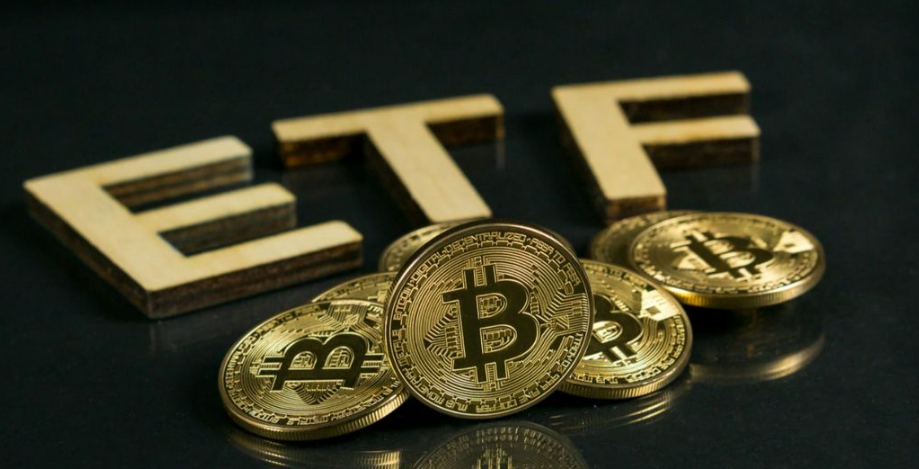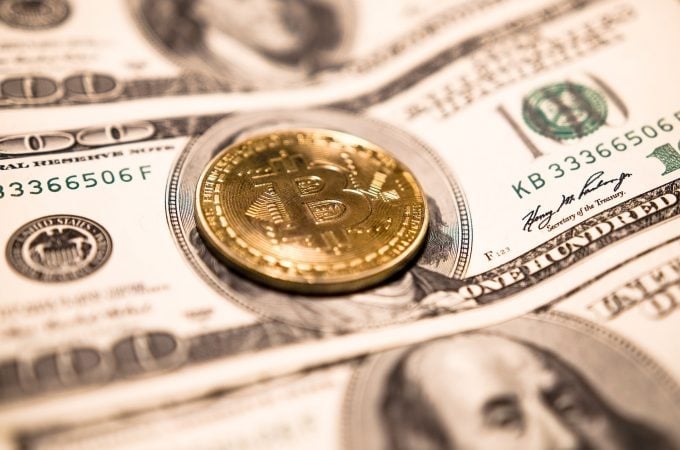Bitcoin, created in 2009, has established itself as the leading cryptocurrency and remains the most influential today. Its appeal now extends beyond enthusiasts of new technologies: it attracts institutional investors, banks and even governments. But for French individuals, accessing Bitcoin directly can seem complex. Between digital wallets, private keys and specialised platforms, many are hesitant.
It is in this context that ETFs (Exchange Traded Funds) and ETNs (Exchange Traded Notes) appear to be attractive alternatives. These financial products, which are listed on the stock market, provide a simple way to gain exposure to Bitcoin without having to directly handle the cryptocurrency.
ETFs and ETNs: understanding the difference
A Bitcoin ETF is a fund that tracks the price of Bitcoin. In the United States, some ETFs actually hold bitcoins (these are known as spot ETFs). In Europe, regulations prohibit funds based solely on a single asset. As a result, there are no spot ETFs in France, but there are ETNs and ETPs (Exchange Traded Products).
The difference may seem subtle:
- ETF = regulated fund that physically holds the asset (in the US).
- ETN = listed debt product that tracks the price of Bitcoin, often backed by actual bitcoins.
For the end investor, the experience is similar: you buy a share on the stock market through a traditional broker, and the performance tracks the evolution of Bitcoin.
The specific situation in France
In France, there are no Bitcoin ETFs in the strict sense of the term. However, several Bitcoin ETNs are available to Euronext Paris or via online brokers. A few players such as Trade Republic, Revolut, Deblock and Delubac & Cie, allow investors to invest in these products.
The tax treatment is clear: capital gains from Bitcoin ETFs/ETNs are subject to a flat rate of 30%. Unlike direct purchases of Bitcoin, which may offer certain tax strategies, ETFs/ETNs do not allow investors to circumvent this regime.
Comparison of the main Bitcoin ETNs available
Among the many listed products, some stand out in terms of size and fees:
- WisdomTree Physical Bitcoin: 0.15% annual fee, one of the most competitive on the market.
- CoinShares Physical Bitcoin: 0.25% fee, over 1.6 billion euros under management.
- iShares Bitcoin ETP (BlackRock): also 0.15% fee, physically backed.
- 21Shares Bitcoin ETP: 1.49% fee, but a pioneer in Europe.
- VanEck Bitcoin ETN: 1% fee, listed in Germany and Liechtenstein.
These figures show the annual fees vary widely, from 0.15% to 2%, and that it is essential to compare before investing.
Performance: double-edged volatility
Over the past year, Bitcoin ETNs have posted spectacular performances, often exceeding +70%. Over five years, Bitcoin has risen by nearly +900%, figures that are attractive but also serve as a reminder of the extreme volatility of this asset.
Investors who choose a Bitcoin ETF/ETN must therefore accept significant daily fluctuations, which are much more pronounced than for traditional equities.
The United States leads the way with spot Bitcoin ETFs
The real shake-up came from the United States in January 2024. After more than ten years of refusals, the SEC approved 11 spot Bitcoin ETFs. Players such as BlackRock, Fidelity and ARK Invest rushed into this market.
The results are impressive:
- BlackRock’s iShares Bitcoin Trust (IBIT): 40 billion $ in assets under management.
- Fidelity Wise Origin Bitcoin Trust (FBTC): 13.25 billion $.
- ARK 21Shares Bitcoin ETF (ARKB): 3.13 billion $, wth only 0.21% in fees.
- Franklin Templeton (EZBC): lowest fees on the market, 0.19%.
This massive adoption shows the institutional appetite for regulated access to Bitcoin. In just a few months, these ETFs have raised more than 20 billion $, proof that the market has been waiting for this product for a long time.
Can we expect Bitcoin ETFs in Europe?
In Europe, UCITS regulations still prevent the launch of an ETF backed solely by Bitcoin. However, there are several signs that change could be on the horizon:
- The success in the US is putting pressure on European regulators.
- BlackRock and Fidelity are reportedly considering launching similar products in Europe.
- The ETN/ETP market already demonstrates the interest of European investors.
In the short term, French investors will have to continue to use ETNs. But in the medium term, the arrival of spot Bitcoin ETFs in Europe seems inevitable.
How can you invest in practical terms from France?
The process for buying a Bitcoin ETN is simple:
- Open a securities account with a broker (Bourse Direct, Trade Republic, etc.).
- Choose your product by comparing fees and fund size.
- Place a buy order as you would for a traditional share or ETF.
- Monitor performance regularly and keep French tax regulations in mind.
This simplicity contrasts sharply with buying Bitcoin directly, which requires you to manage your own private keys and secure your digital wallet.
Advantages and limitations of Bitcoin ETFs/ETNs
Advantages:
- Accessibility via traditional securities accounts.
- Institutional security (professional custodians).
- Guaranteed transparency and liquidity.
Limitations:
- Management fees can sometimes be high.
- Taxation is inflexible (30% flat tax).
- No possibility of using Bitcoin for payments.
Impact on the crypto ecosystem
The massive arrival of Bitcoin ETFs and ETNs is profoundly changing the market. On the one hand, it is democratising access and attracting institutional capital. On the other hand, some purists believe that this ‘institutionalisation’ of Bitcoin dilutes its original spirit of decentralisation.
In any case, these products reinforce Bitcoin’s legitimacy as an asset in its own right.
Future prospects
The coming years could see:
- The arrival of Ethereum ETFs and other cryptocurrencies.
- Regulatory harmonisation between the United States and Europe.
- A gradual stabilisation of prices thanks to the massive influx of institutional capital.
For French investors, the key will be to remain attentive to regulatory developments while choosing the most competitive products.
Conlusion
Bitcoin ETFs do not yet exist in France, but Bitcoin ETNs are a credible and simple alternative for gaining exposure to the leading cryptocurrency. French investors already have access to numerous regulated products with competitive fees listed in Europe.
If Europe follows the American trend, the arrival of spot Bitcoin ETFs could mark a new era for crypto investment, making Bitcoin as accessible as Apple shares or a CAC 40 ETF.
FAQ – Bitcoin ETFs in France
1. Are there any Bitcoin ETFs in France? No, only ETNs are available.
2. What is the difference between an ETF and an ETN? An ETF is a fund, while an ETN is a debt security.
3. What are the most popular Bitcoin ETNs? WisdomTree, CoinShares, iShares.
4. What are the average fees? From 0.15% to 2% per annum.
5. Where can I buy a Bitcoin ETN? On platforms such as Trade Republic or Bourse Direct.
6. What tax regime applies? A flat tax of 30% on capital gains.
7. Are US Bitcoin ETFs available in Europe? No, they are not listed in Europe.
8. How did Bitcoin ETNs perform in 2024? Approximately +70% over one year.
9. Will spot Bitcoin ETFs arrive in Europe? Probably, but not in the short term.
10. Is it risky to invest via a Bitcoin ETN? Yes, because Bitcoin remains highly volatile.









